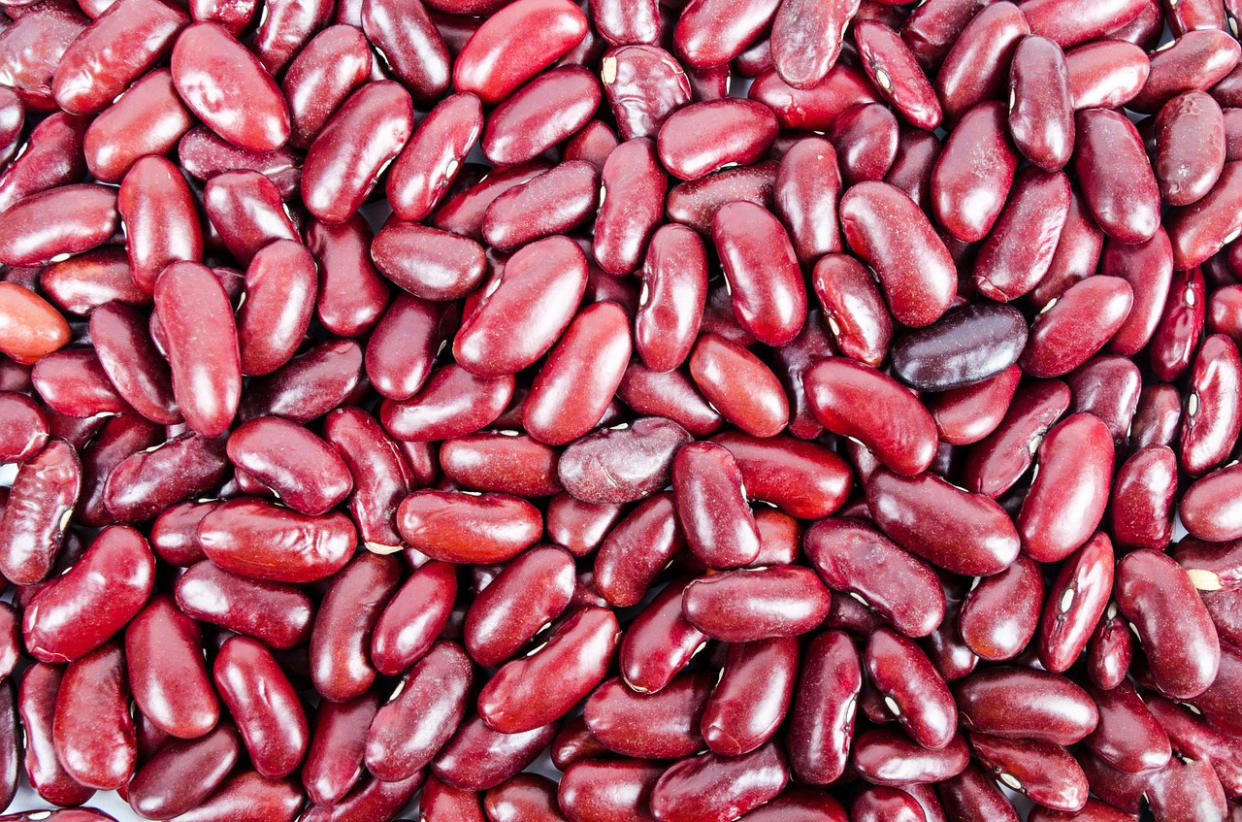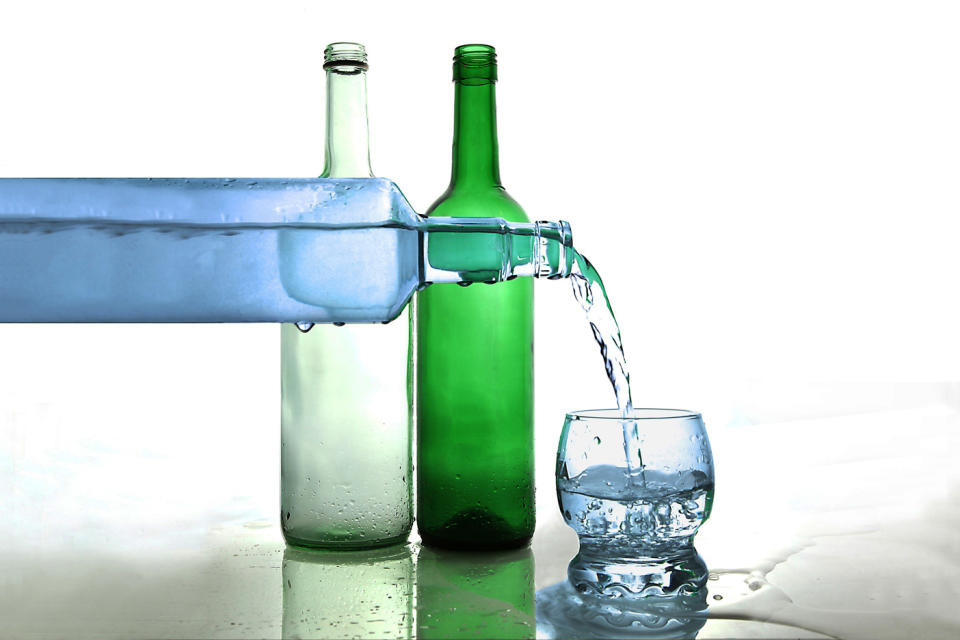Kidney stones: Who gets them, why they occur and how to prevent them

Consuming excess quantities of high oxalate foods (peanuts, almonds, chocolates, spinach and wheat bran) and beverages (tea, coffee, beer) and drinking less water, can increase your risk of developing kidney stones, a hard deposit of minerals and salts.
“The main type of kidney stone found in Singapore is calcium oxalate stone. This is largely related to a hot climate and eating foods with high oxalate content,” says Dr Nor Azhari Bin Mohd Zam, Senior Consultant, Department of Urology, Singapore General Hospital.
Your risk of developing kidney stones also increases if you consume a high-sodium diet, have foods rich in purines such as organ meats and seafood, have a family history of kidney stones, and suffer from medical conditions such as chronic diarrhoea or gout.
Symptoms are likely to show up only after the stone moves into the ureter which connects the kidney to the bladder, and obstructs your urine flow. At this stage, you may experience symptoms such as:
Severe pain which typically occurs on one side of the abdomen and may radiate to the groin
Blood in the urine
Recurrent urinary tract infection

How are kidney stones treated?
Treatment depends on the size of the kidney stone. If you have small stones, you are likely to be prescribed pain relief medication and advised to drink plenty of water to flush out the stone.
Medications such as tamsulosin, which helps to relax the muscles in the ureter, may be prescribed to remove moderate-sized stones.
“Stones which fail conservative treatment or are large to begin with – usually close to 10 mm and larger – will usually need some form of intervention,” says Dr Nor Azhari.
This intervention can be non-invasive such as extracorporeal shockwave lithotripsy (ESWL), or invasive such as laparoscopic (keyhole) surgery and open renal surgery.
How to prevent the recurrence of kidney stones
Kidney stones are known to recur after treatment – the chance of a stone recurring is about 10 per cent in the first three years, and up to 50 per cent in 10 years. Therefore, it’s important for patients to take preventive measures such as:
Increasing fluid intake (2-3 litres of fluids, including soups and fruits is recommended)
Decreasing the consumption of sodium, oxalate-rich and purine-rich foods
Having more citrus foods which are protective against kidney stones
These measures can also help prevent the occurrence of kidney stones.
“Kidney stone disease has been correlated with obesity and metabolic syndrome. Obese patients are encouraged to reduce their weight and patients with chronic illnesses such as diabetes and dyslipidaemia are advised to keep their diseases under control,” says Dr Nor Azhari.
More from the author:


